Creative Ways to Save on Utility Bills
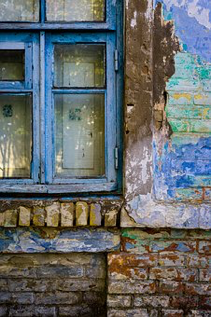
Whether you own or rent your property, utility bills are unavoidable. These bills usually include charges for electricity, gas, water, sewer, etc. While some renters get to have their utilities “included,” this is because the monthly rental fee is higher. In 2010, Americans spent almost 5% of their income on utilities, with the average monthly utility spending hitting $197.00.
For many people, these numbers tend to decrease and fluctuate, depending on the season, the tenants, what kind of sewer system they have, etc. While some get away with spending pennies for their utilities, others get hit hard. If you’re trying to cut back on your utility bills, there are some ways to lower the charges. Here are 7 creative ways to save on utility bills
1. Weather Stripping
If you’ve noticed cold drafts in certain parts of your home, it’s a good idea to pay attention to them and find out where they’re coming from. These little drafts and small areas for air to escape and come in will do a number to your utility bills; sadly, this is a quick fix that many people don’t bother with.
If you’re not sure how to weather strip, fear not. The process is very easy and inexpensive, which means you can weather strip to your heart’s content.
2. Real-Time Adjustments with Security Systems
Gone are the days of forgetting to turn down the heat or leaving a light on for too long. If you need an easier way to manage your home, some of the best alarm monitoring systems are equipped with controllers to give you more access to your home from the kitchen or across the world.
Spending too much on your heating bill? Use your iPad or phone to turn down the temperature once you’re at work. Did someone leave their bedroom light on? Turn it off at the touch of a button. Smart security systems are now giving us the opportunity to not only protect our homes but to save on bills as well. This option is great for providing peace of mind and a little extra cash at the end of the month.
3. Low-Flow Shower Heads
Considerations When Choosing a Commercial Wireless Entry System
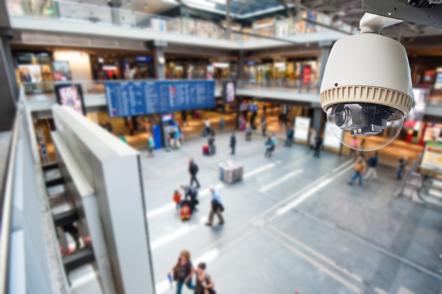
When you are the owner of any kind of business or establishment, your main priority is always going to be protecting the people and possessions within it; however, choosing security for your business is not quite the same process as choosing security for your home. Generally speaking, there will be employees at your office during the day, and it will likely remain unoccupied after work hours.
They do remain similar in one aspect, though: Just like homeowners, no business owner wants to hear that they’ve been broken into or that someone has been hurt on their premises, so it’s important to invest in security tactics that will ensure the safety of everyone and everything.
If you’re trying to decide on a security system, it won’t be a one and done task. There are quite a few options available to you, and you’ll want to take into account quite a few things before installing any model you come across. To help you make the best decision for your property, follow along with these considerations when choosing a commercial wireless entry system.
Size of the Building
This aspect is really quite simple: The bigger your commercial space, the more protection you’re going to need. That includes factors like the size of the floor plan, the number of floors, access to outside, etc. Smaller buildings will have fewer entries and spaces to worry about, but the more space you have, the greater the chance for forced entry, unforeseen dangers, etc.
If you have a spacious building, you might want to consider investing in a high-level intrusion detection system, especially if you have various entryways into the building. Intrusion detection systems can recognize unwanted intrusions with the fastest response time based on a unique audio detection system.
Similarly, a larger building with more doorways may need to invest in multiple video surveillance cameras in order to cover all of the angles, parking lots, and alleyways.
Common Misconceptions About Home Security
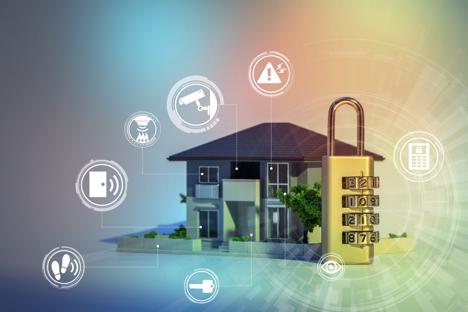
When it comes to your home, there are likely some very important people living within it, or, at least, some very prized possessions. Protecting our homes is a very important part of being a homeowner, and it’s a great idea to look into your options for protection if you haven’t done so already.
For many people, a home security system is the best defense against burglars, damage, and loss. However, not everyone is sure that this is the best way to go. Likely, homeowners have considered other options, such as guard dogs, fake alarm signs, and motion-sensor lights. While all of these options may have some advantages, home security systems are, without a doubt, the best tool for protection.
There are a few common misconceptions about home security that have people undecided about investing in one. If you want to learn more, consider these misconceptions and what’s really going on.
They’re Too Expensive
Anything worth having is likely going to cost you a little bit at the beginning. It’s no surprise that you will have a larger bill for the installation of your security system, and that you will be expected to pay monthly bills in order to keep it in service.
If you’re wondering how much Americans spend on security systems, the answer was roughly $20 billion in 2011. For one homeowner, a start-up for their system will cost anywhere from $600-$1200, but some companies may offer sales or promotions for less. After that, monthly bills can be expected to sit between $15-$100, with the average price sitting around $30.
At the end of the day, paying $30 per month will cost you less than it does to order fancy coffees each morning. Even though the initial costs will be more expensive, there are a lot of reliable, experienced security system companies which can offer you an individualized package of features that suit your unique needs. Even if you’re able to avoid a theft or fire one time, it’s likely that the cost of your system will be worth every penny.
Charleston SC Patterns in Local Property Crime
Charleston, South Carolina was founded in the year 1670 and is often remembered by visitors for its bustling, cobblestone streets, waterfront views, and historic buildings. The city was home to more than 130,000 residents in 2013, and it’s a popular location for students who want to attend great programs at Charleston Southern University and the College of Charleston.
While it may have many perks, Charleston, SC certainly has had its fair share of problems with crime in the past. Since 2012, there have been quite a few drastic changes to the crime rates experienced in the area, which begs the question of whether or not this city has turned itself around for good or not.
To learn more, consider the information provided about Charleston, SC patterns in local property crime.
Charleston Property Crime Patterns
Charleston, SC went through quite a rough patch, in terms of crime, more than a decade ago. In 2002, it was reported that there were more than 6,000 property crime incidents in Charleston per 100,000 inhabitants, and that the violent crime index was a little over 800 in the same year.
Since 2001, property crime rates have been decreasing yearly, with one small blip in 2008 when rates rose for the year. In comparison, violent crimes began to increase after 2002, with 2004 being the worst year for violent crime before things started slowing down again.
In 2002, the property crime rate was lower in Charleston than the national average, by 4.58%, and the violent crime rate was also lower by a whopping 38.32%. Overall, from the year 2004-2013, Charleston had been experiencing a decrease in both property and violent crime acts. It is believed that the crime rate in 2017 will be lower than it was in 2012 when it sat at just over 200 crimes per 1,000 people.
The Best and Worst Places in Charleston, SC
Based on the size of Charleston, the city sits in the middle of the pack in comparison to the crime rates of other cities of the same size. In more recent reports about the safety of Charleston, SC, it is explained that the rate of property crime is 26 per 1,000 people, which means that the likelihood of being a part of property crime happens to 1 in every 38 residents.
However, Charleston was ranked 13th in a list of the 30 safest places to live in South Carolina in 2015. This was based on a violent crime rate that was less than half the national average, as well as Charleston’s safety record and improved public safety.
Some of the safest neighborhoods in Charleston include Harbor View Road/Clearview Drive, Parrot Point/Oceanview, and the City Center. These areas are likely safer areas because they are more geared toward tourists and are often very busy and filled with people. These areas are also some of the more well-off areas in Charleston, so these areas are cleaner, more well-kept, and less prone to violent and property crime like the surrounding areas.
Some of the least safe areas in Charleston include Ashley Hall Road/Sandcroft Drive, Dupont Station/Pinecrest, and Race Street/King Street.
Best Practices for Using Your Sonitrol Home Security System
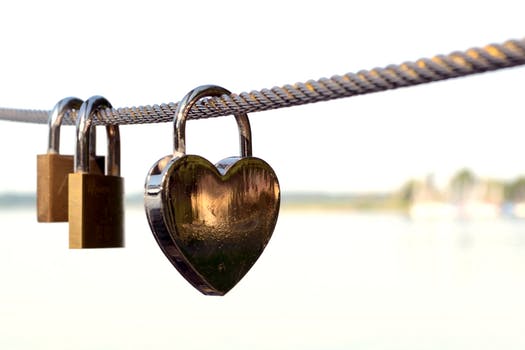
So, you’ve done the research, you’ve chosen your alarm system, and everything is now installed. Congratulations! Your home is now that much safer from theft, damage, and loss. Now that it’s set up, it’s time to start thinking about how you can ensure that you’re working alongside the system to reap the most benefits.
If you’ve invested in a system to keep your home safe, now is the time to starting considering the best practices for using your Sonitrol Home Security System.
Always Set the Alarm
Even when you’re home, it’s a great idea to set your alarm. There are options for “Stay” settings, which will alert you if any doors or windows are opened while you’re at home. This kind of option is ideal at night, but it doesn’t hurt to have it on during the day when you’re not expecting anyone. This is especially important since the most common time for burglaries takes place between 10 a.m. and 3 p.m. when most people are at work.
7 Common Workplace Safety Hazards
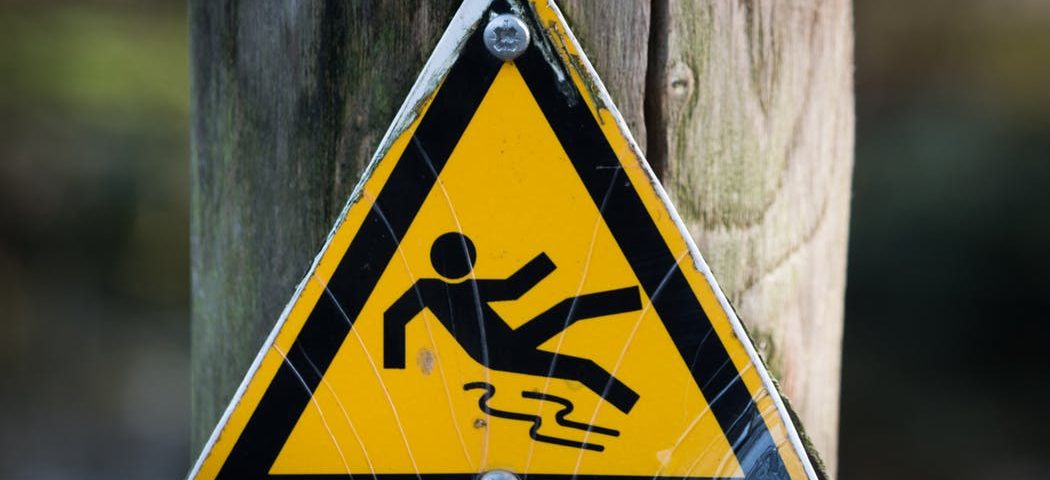
As a business owner or manager, ensuring that your company is a safe place to work helps keep employee morale high, as well as maintains a clean company safety record.
Here are seven of the most common Workplace Safety Hazards that business owners of all sizes should address if they witness these infractions taking place on their premises.
Misuse or Nonuse of Safety Equipment – Safety should always be a primary focus of every business operation. Depending on the industry you’re in, safety requirements can range from wearing protective eyewear and earplugs to making sure that your security cameras are all functioning correctly.
By enforcing the use of safety equipment in your business dealings, you’re taking the right steps to stay on the right side of the law, while providing a more secure place to work. Further, failure to follow all applicable safety rules and requirements could result in costly fines and penalties from OSHA (Occupational Safety and Health Administration.)
Insufficient Training – In skilled trades, such as technology, manufacturing, and construction, assigning a person who isn’t sufficiently trained for the job puts your employees–and your company–at risk. By making sure that every new employee either has the requisite skills and experience, in addition to thorough job training, you’re taking steps to decrease the likelihood of technical mistakes and on the job injuries.
When employees get hurt on the job, this unfortunate event can cost a lot of money by way of Workmen’s Compensation, and possible fines and penalties getting assessed by OSHA. It is always worth taking the extra time to confirm that new employees have undergone all aspects of your orientation and training before leaving them on their own to work independently.
Inadequate Lighting – It goes without saying that poor lighting can contribute to many types of safety hazards. When a work environment isn’t well lit, employees and guests could get injured due to trips and falls or eyestrain from not having enough light available to see. By keeping all areas of your business well lit, you increase the safety standards across the board.
5 Things You Didn’t Know Security Systems Can Do
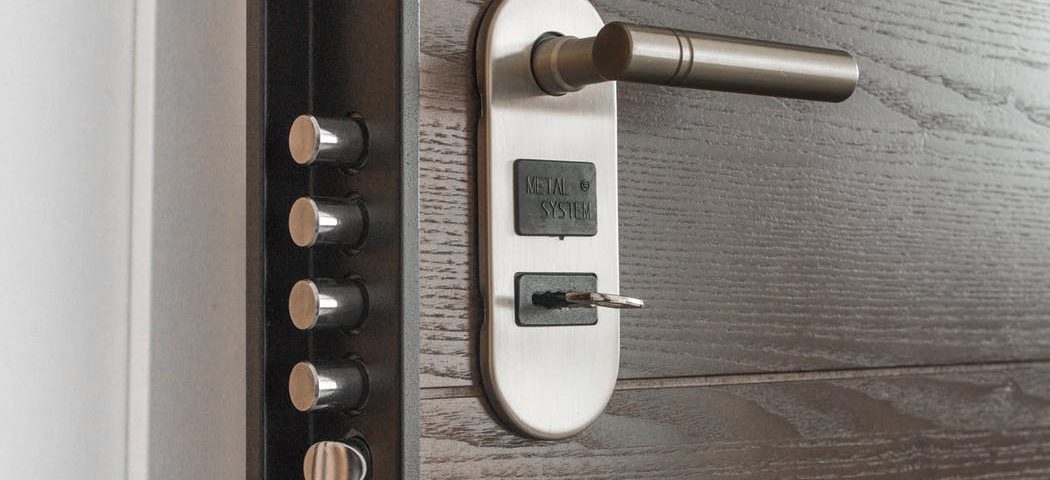
If you’re thinking about adding a home security system to your home, you are making a wise decision to put in safeguards to protect yourself, your family, and all of your belongings.
It should come as no surprise that burglars tend to avoid breaking into residences that are shielded by a home security system. On average, a home burglary or invasion takes place once every 18 seconds in the U.S., so having the proper technology in place to ward off these attacks makes sense. Further, many of today’s modern home security systems do much more than just thwart criminals.
Here Are Five Things You Didn’t Know Home Security Systems Can Do
1. Detect Motions Within the Inside of Your Home
If your home has large open spaces, installing motion detectors in these areas helps to identify movement if the area gets breached. By setting up multiple security zones in your house, especially in larger residences, motion detectors will recognize unauthorized access and sound an audible alarm, as well as alert your home security monitoring company that there is a breach.
2. Monitor Your Residence from the Palm of Your Hand
In today’s “connected” world, many home security systems offer homeowners the ability to remotely monitor their house using a compatible mobile app using their smartphone or a tablet. As you can imagine, having this technology available at all times gives people more peace of mind when they are traveling or away from home for an extended period–or even when you’re only away for a day!
3. Monitor and Control Who Accesses Your Residence
5 Reasons to Get a Home Security System
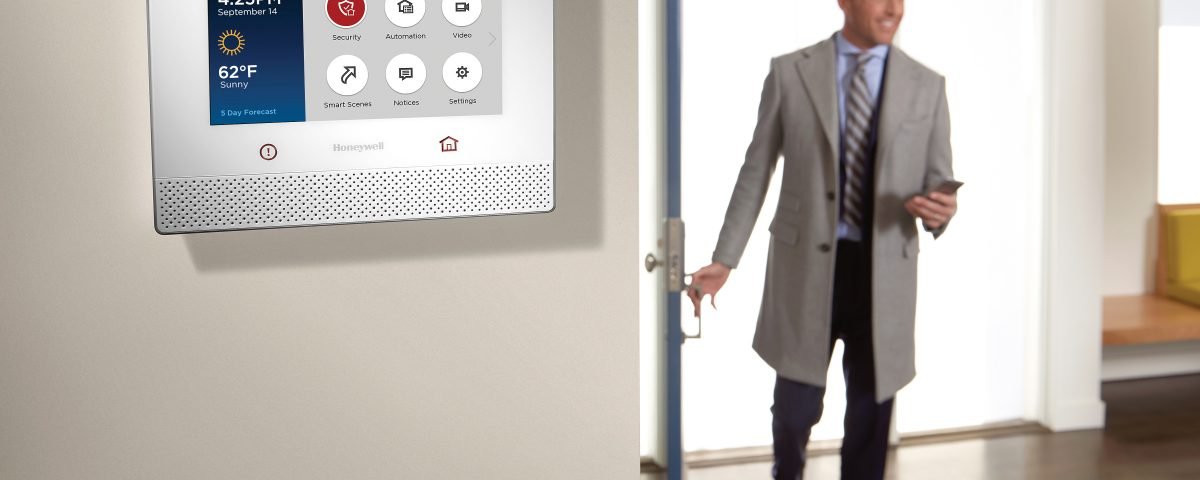
Home security systems provide us with peace of mind; the ability for a security system to alert us to danger and call for assistance is one of the greatest tools when it comes to protecting the things that matter to us most.
If you’ve been thinking about increasing the protection around your home, but you don’t know if this kind of option is best for you, consider these 5 reasons to get a home security system:
1. To Prevent Theft
5 Reasons Employers Should Focus on Office Safety
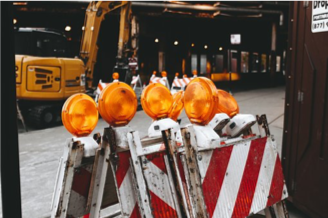
There are a number of components that come into play when talking about office safety. First and foremost, employers should be able to provide a level of physical security for their employees, both during work hours and outside of them.
Office safety, however, is not only about helping employees to feel safe when they come to work every day. There are other issues that have a hand in this discussion, including safeguarding various minorities, technological safety, and protection of the company’s assets.
There has been a surge in the prominence of “safety culture” within offices, which encompasses the attitudes, beliefs, and values that employees share in relation to safety in their workplaces. The goal is to have each and every employee, from hourly employees to CEOs, agreeing on a collective effort to maintain safety in the workplace.
If you’re thinking about increasing office safety in your company, the following are 5 reasons why you should focus on this task:
1. Increases Office Morale
5 Common Mistakes with Home Security Systems
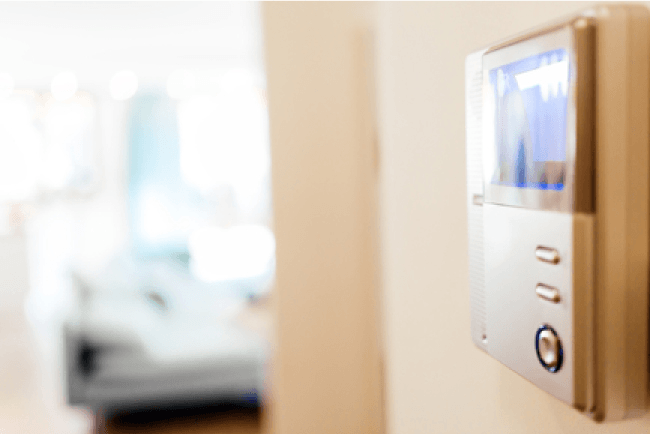
It’s a fantastic feeling to install a new home security system. Finally, your family is secure and now you can sleep safely every night. Wait, not so fast! There are a few mistakes you should be aware of before you grow too complacent. Keep in mind: Your home security is only as good as your habits. There are other security measures to consider that help keep criminals out.
What matters is that you don’t make the common mistakes that have been proven to cause breaches. Most of these problems happen from lack of planning or foresight. Let’s discuss five common errors that might derail your efforts.
1. Storing Your Key Somewhere Where a Burglar Can Find It
Sure, you’ll have an urge to conceal your house key outside. That way, if you forget your keys, you’ll be able to retrieve a set and let yourself into your house. Unfortunately, this idea has been around so long that burglars ALWAYS look for a key before they resort to other measures to break in.
This simple act defeats the entire purpose for install a home security system in the first place.
Wherever you think to hide the key, chances are high someone will check. Forget that idea and consider other strategies to deal with an inadvertent lockout.
2. Detailing Your Movements on Social Networks

